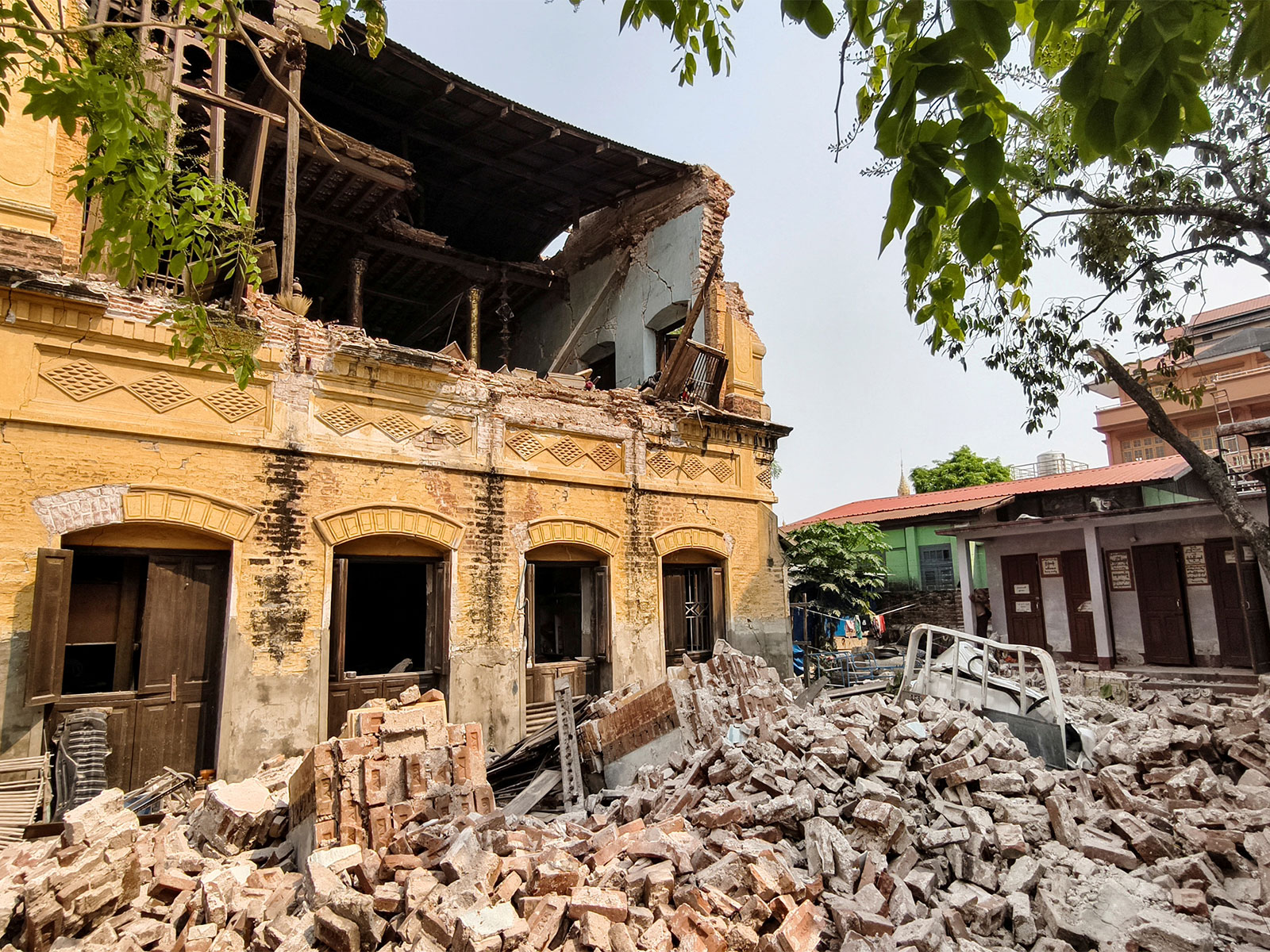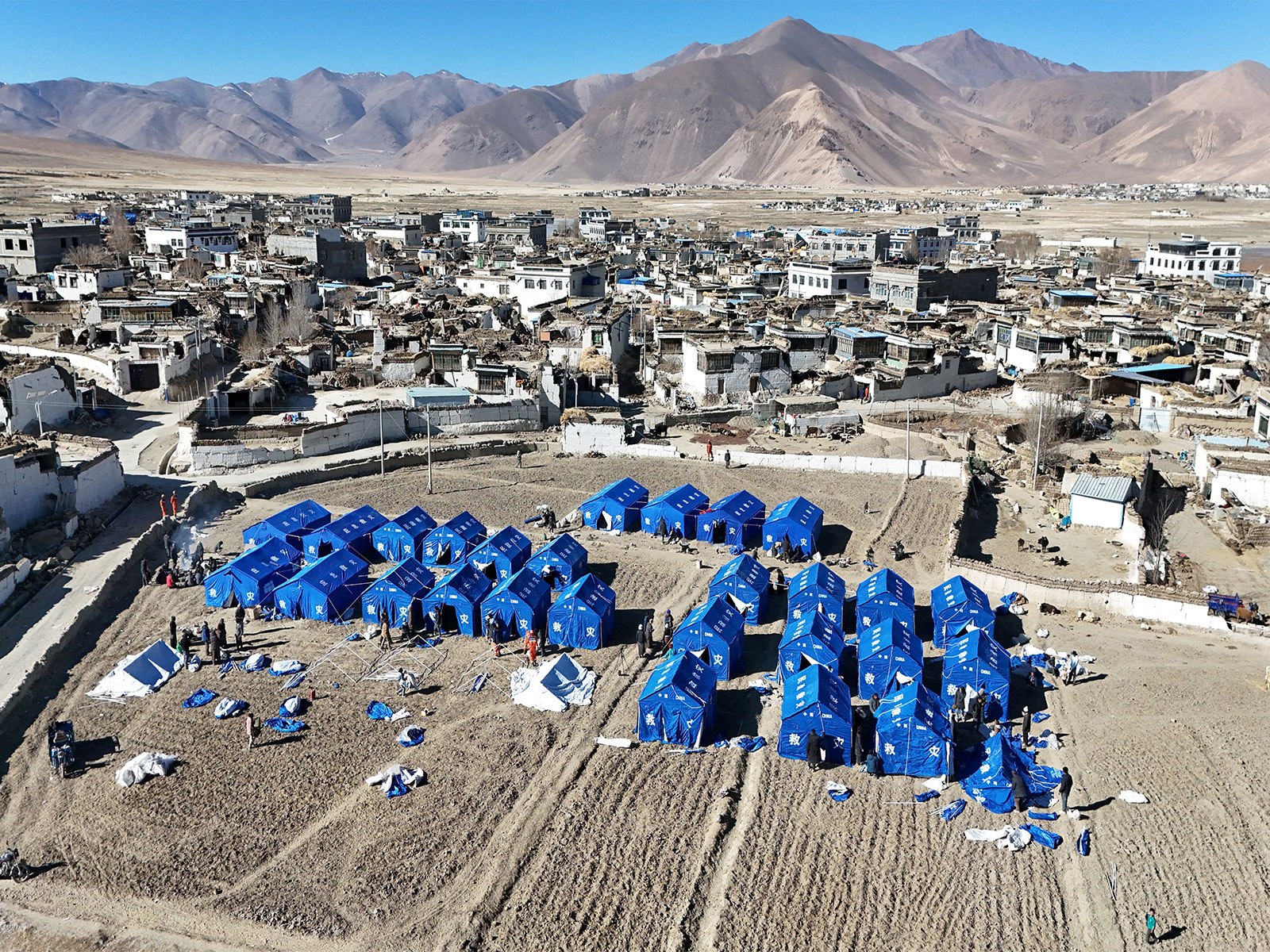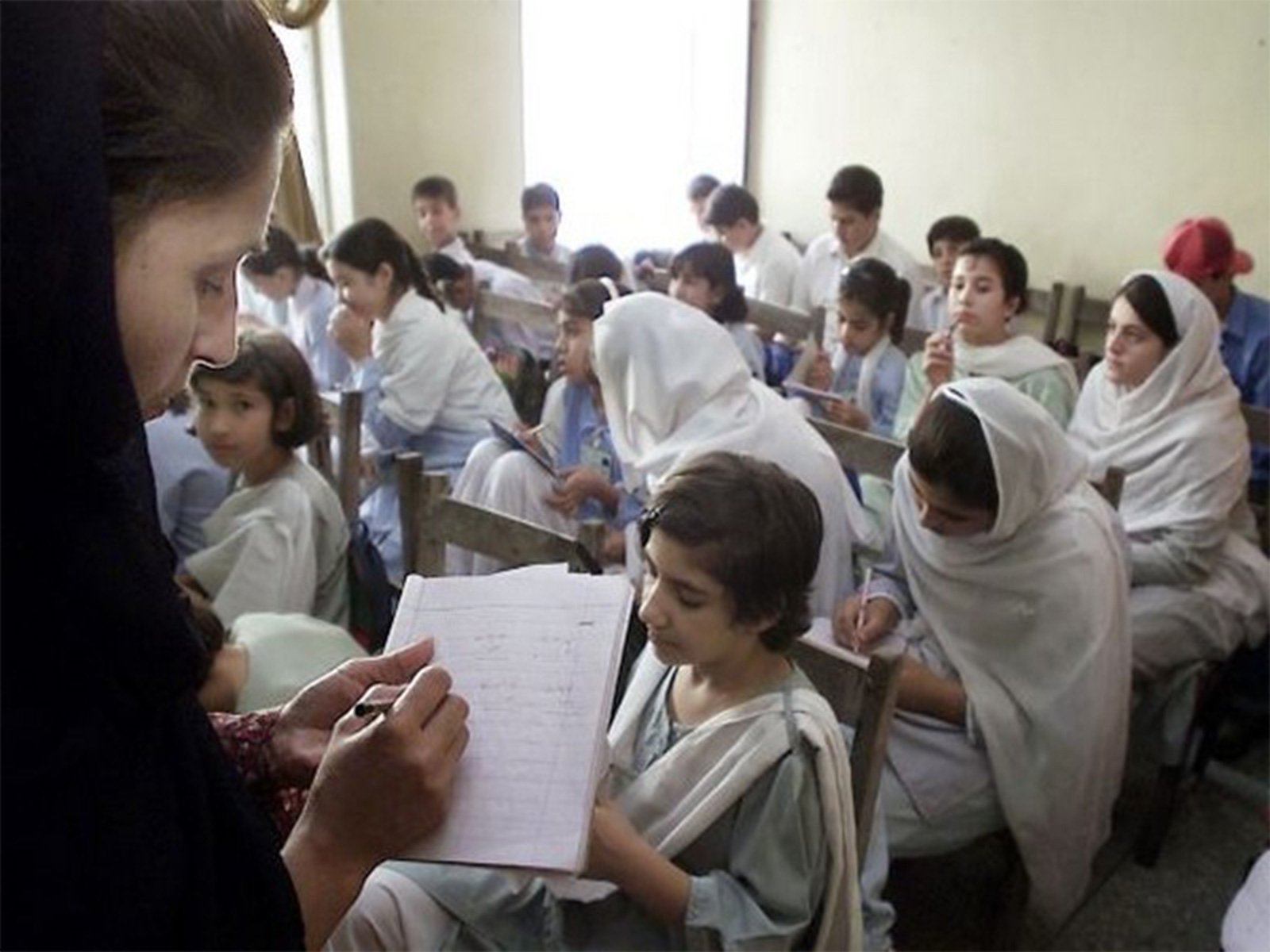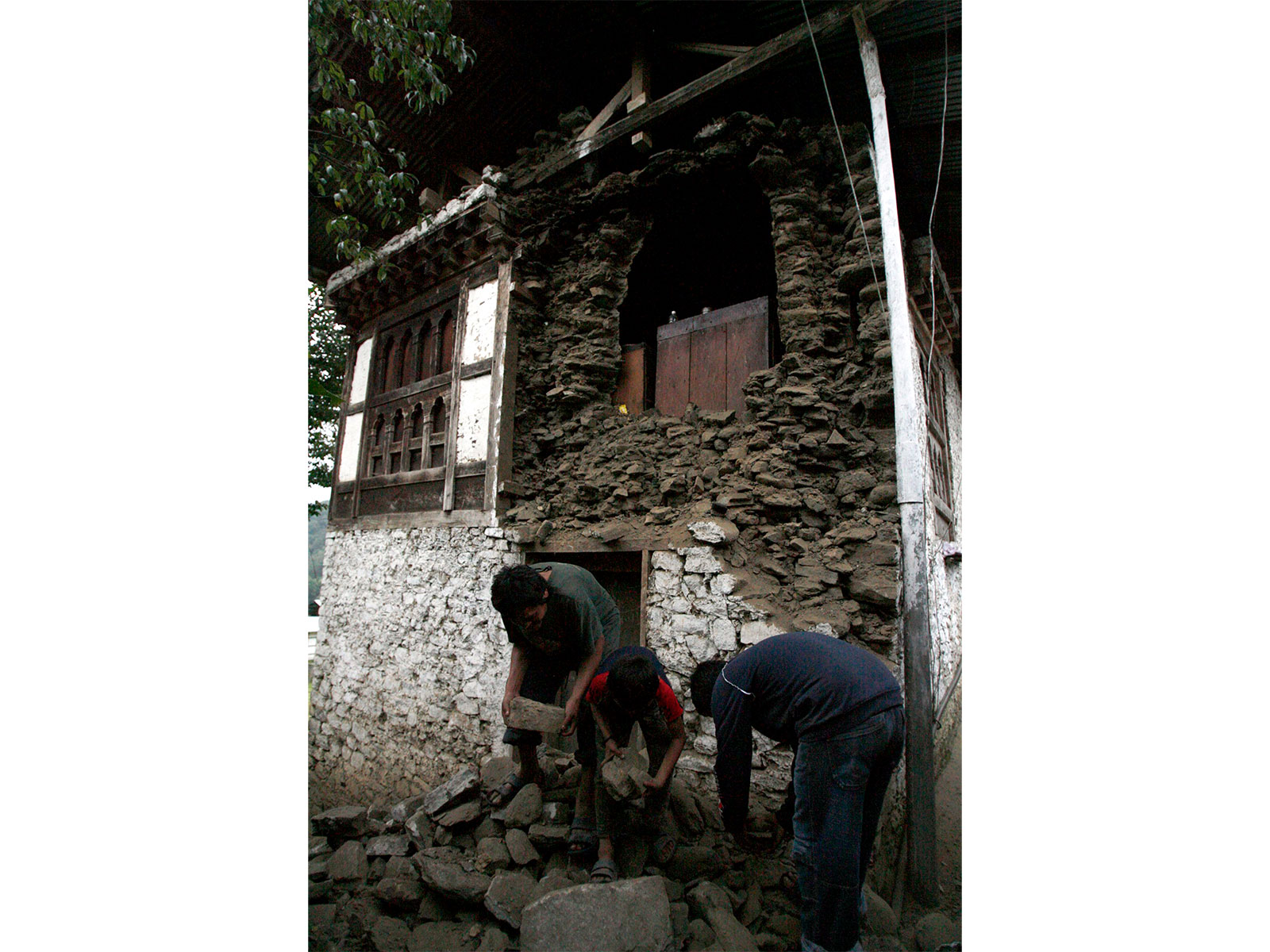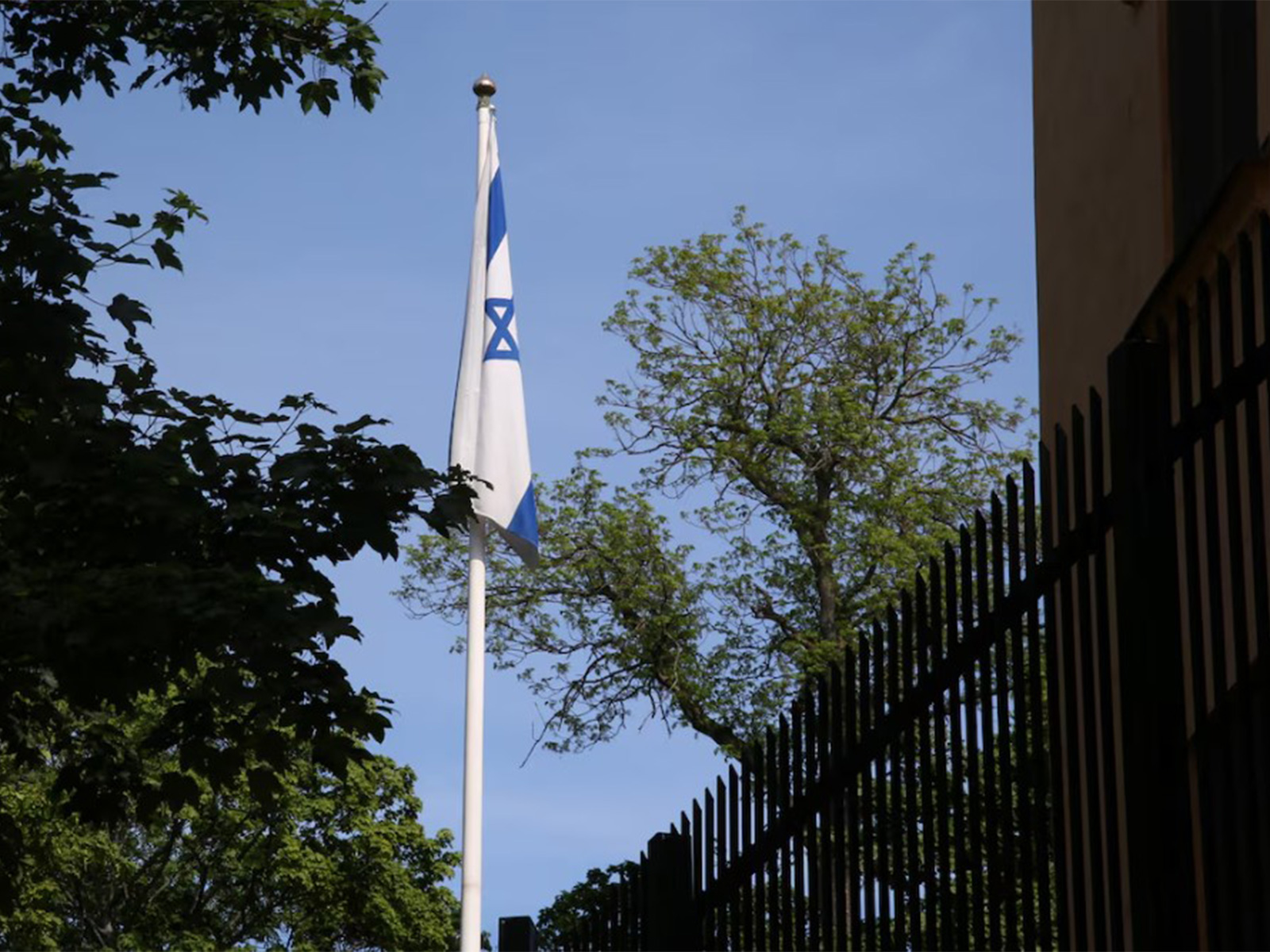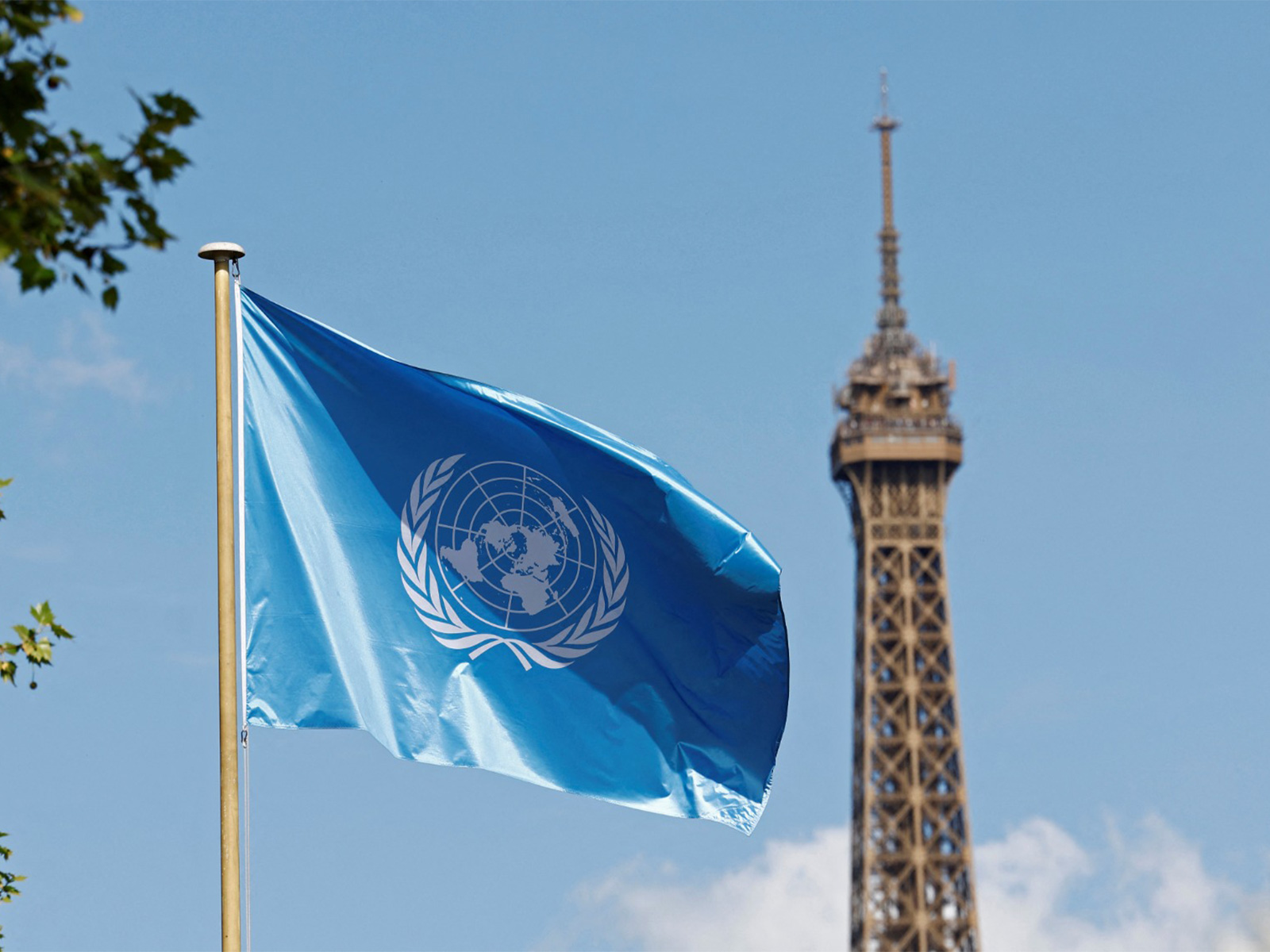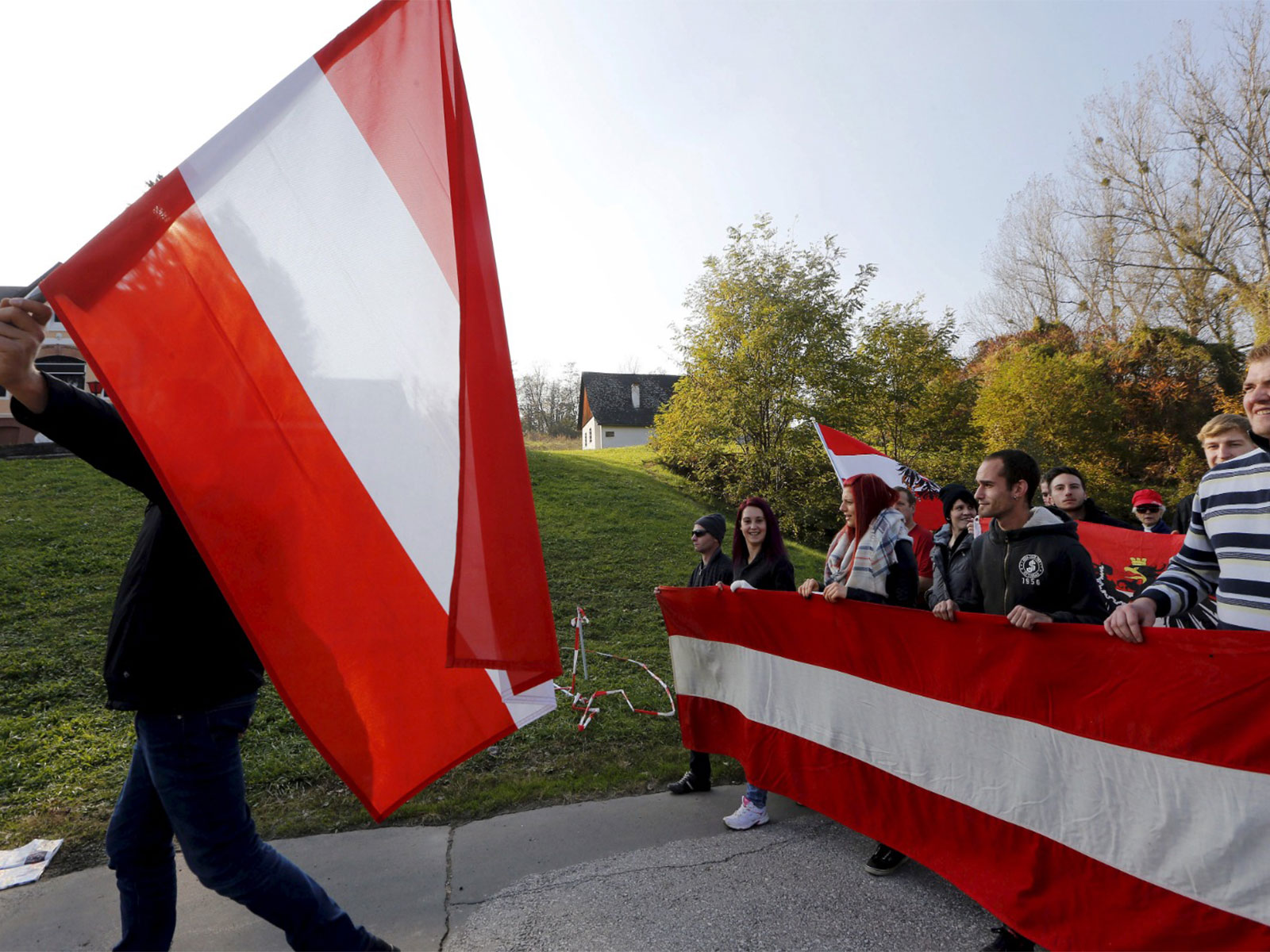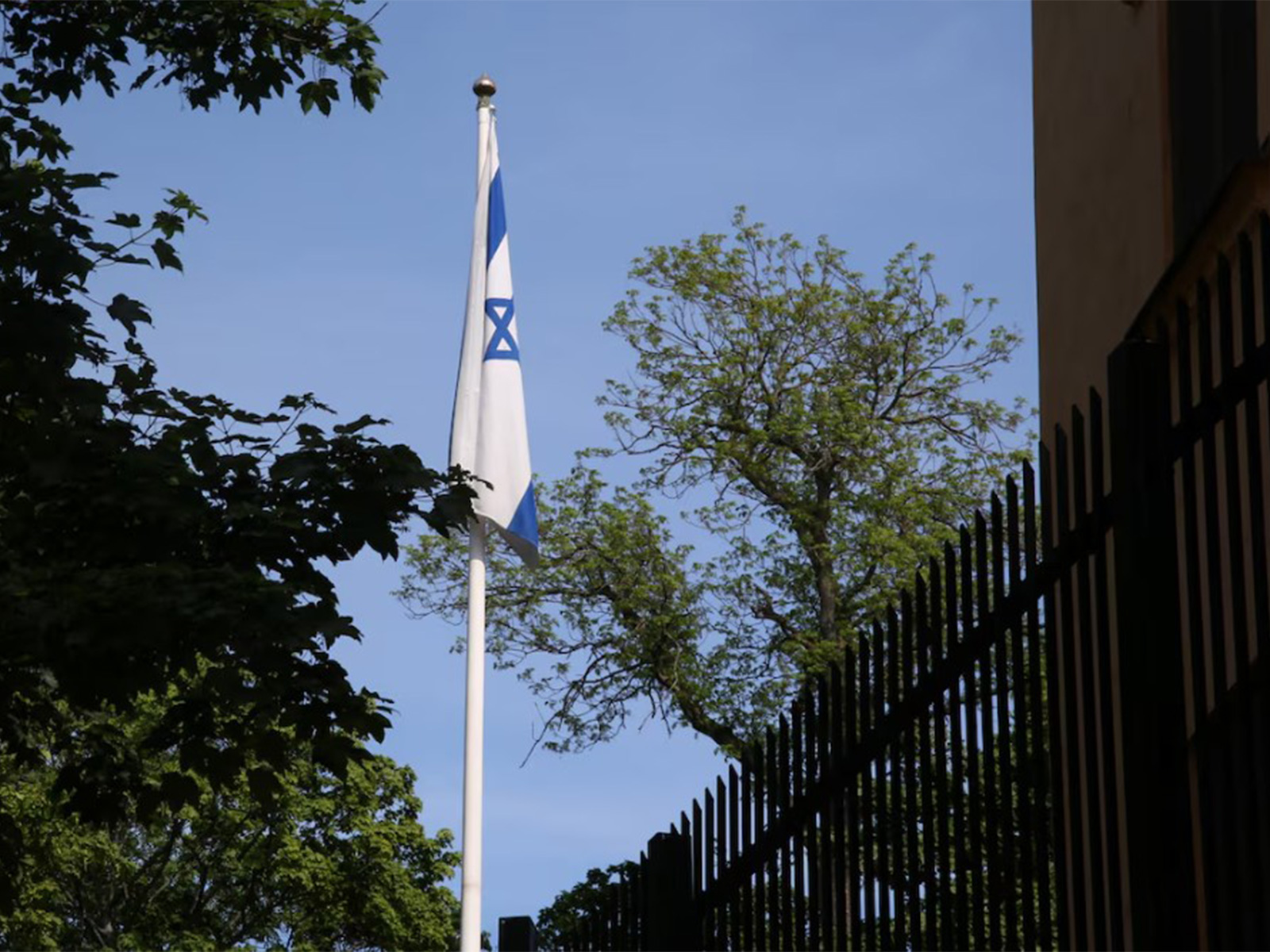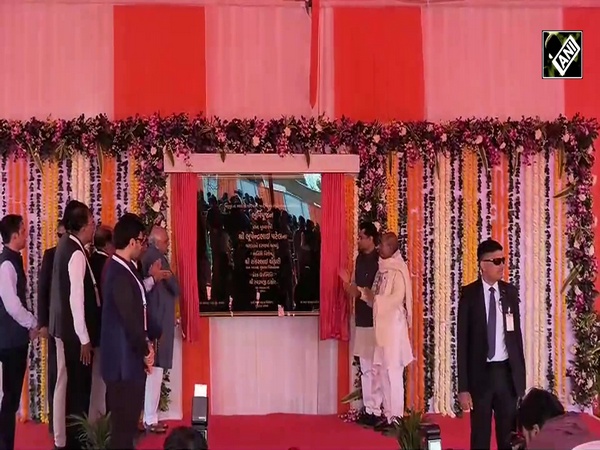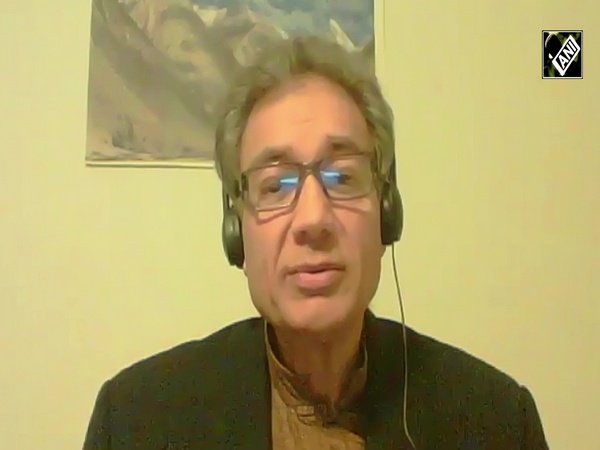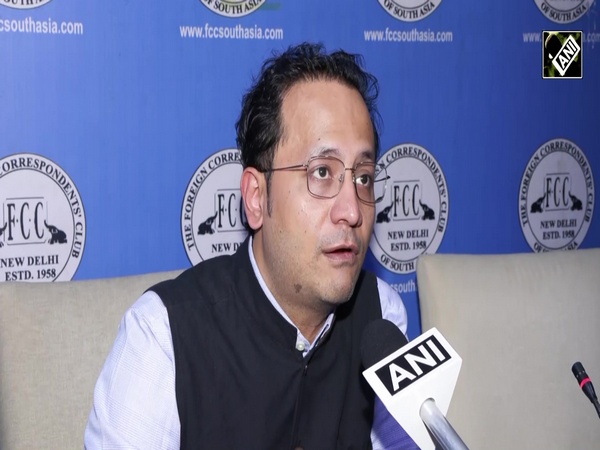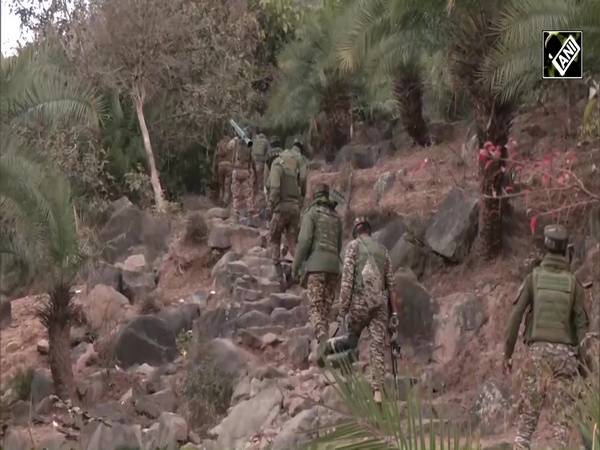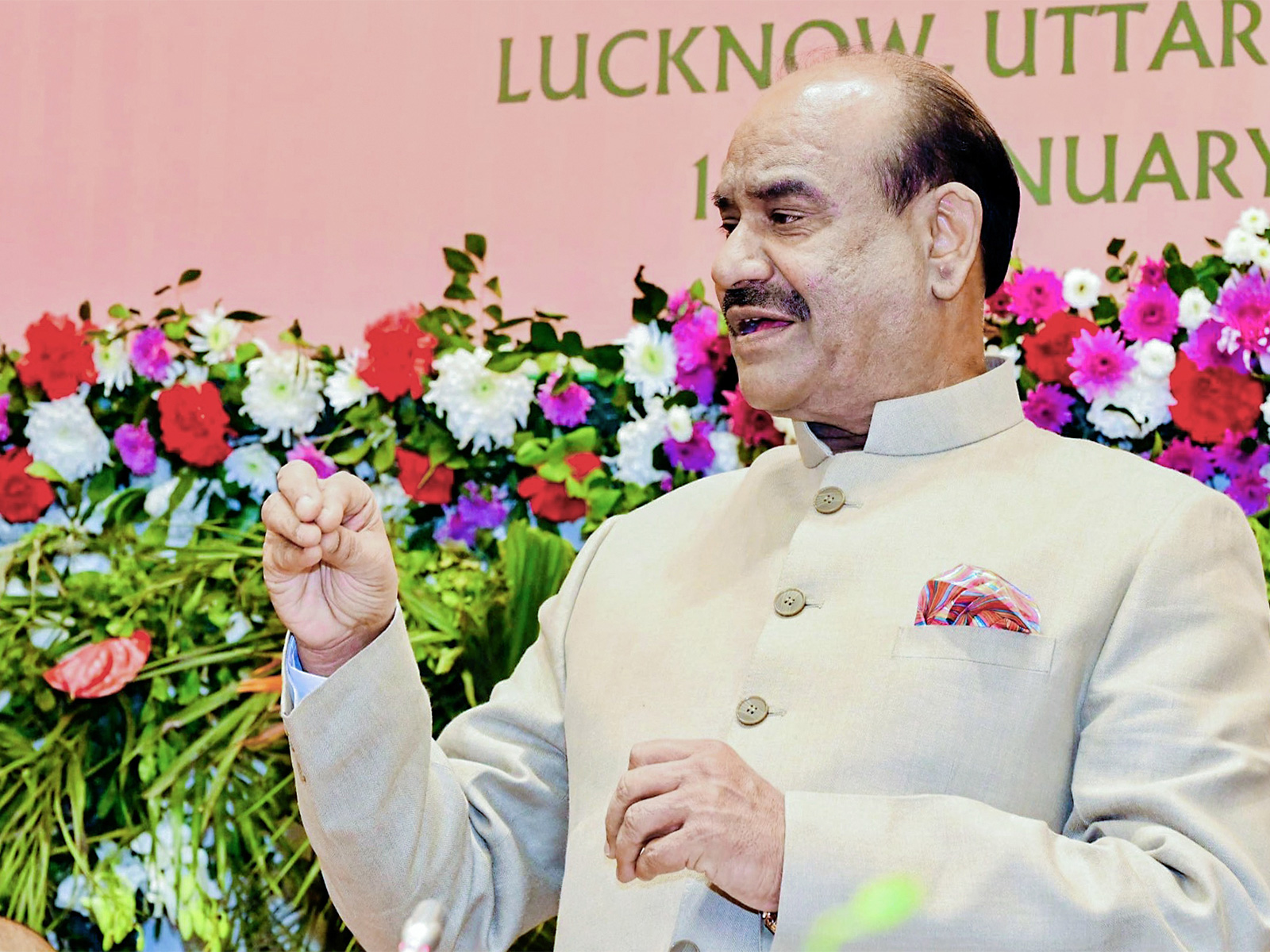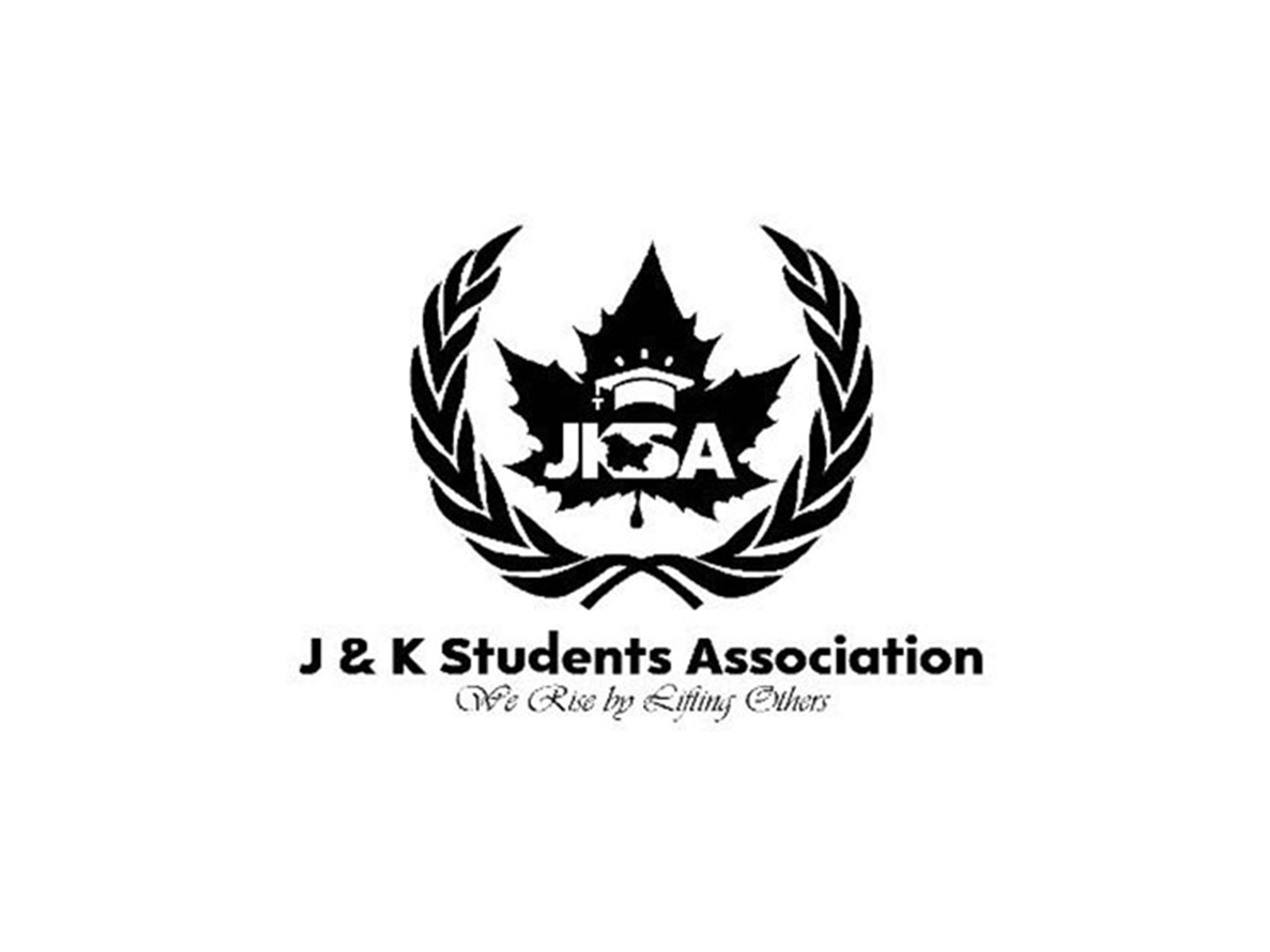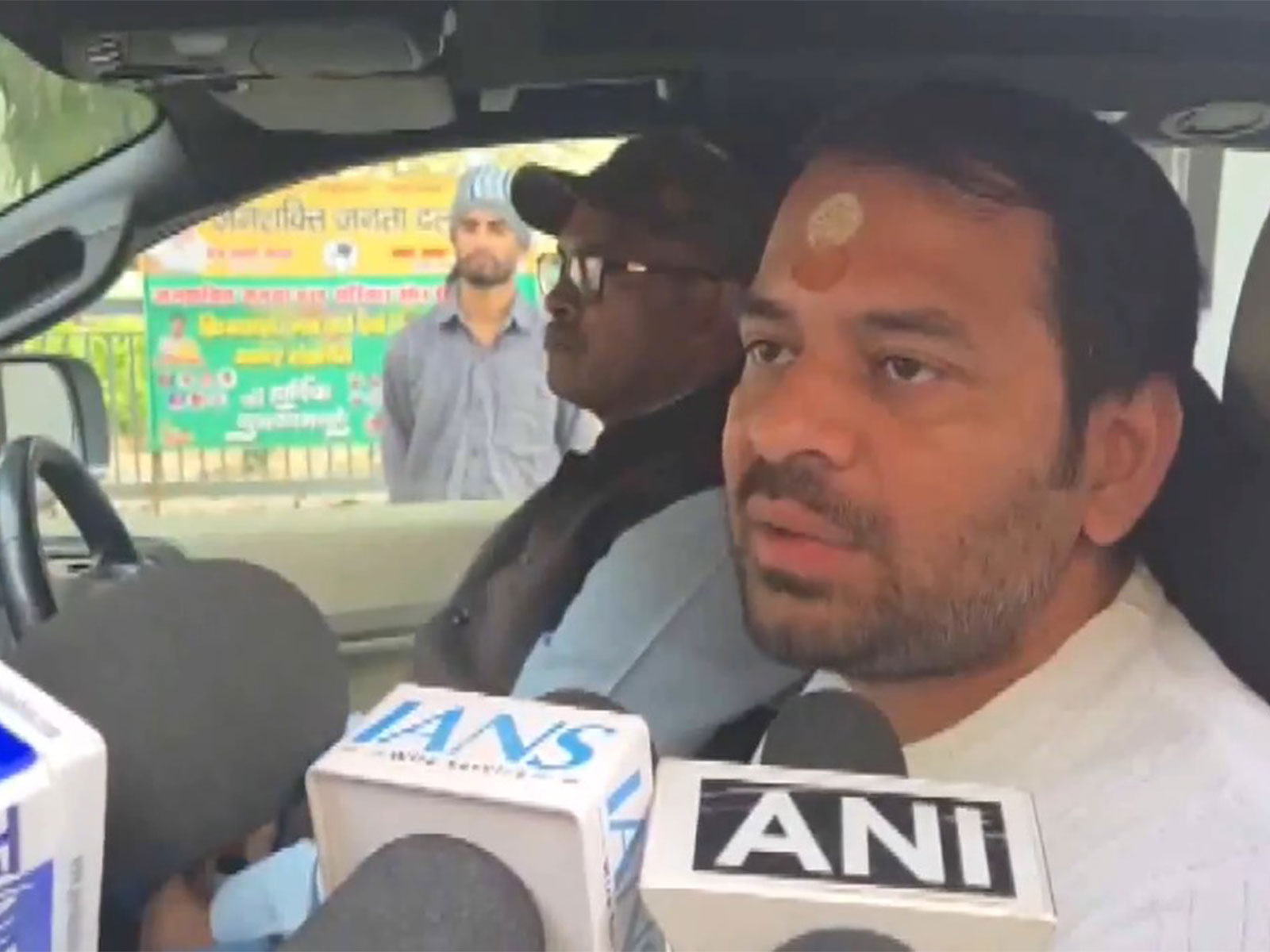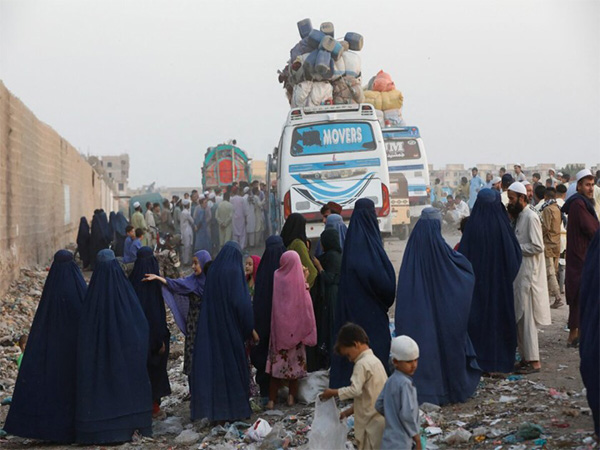
'Where will we go?' Afghan mothers in Chagai live in terror as Pakistan plans mass deportations
Aug 09, 2025
Chagai [Pakistan], August 9 : Afghan refugee mothers in Pakistan's Chagai district say they are living in constant fear, as Islamabad's "Illegal Foreigners' Repatriation Plan" pushes them closer to forced deportation into Taliban-ruled Afghanistan, The Diplomat reported.
According to The Diplomat, women like 38-year-old Latifa Bibi, who fled Kandahar in 1987 after her husband's death, have spent decades building a life in Pakistan, only to be told they must leave. "Where will we go? We have no house, no work, no safety in Afghanistan. We built our lives here," she told The Diplomat. Latifa's three daughters have known no other home than the dusty refugee camps of Chagai, yet their future now hangs on the expiry of a piece of paper.
The Diplomat reported that 1.3 million Afghans in Pakistan hold Proof of Registration (PoR) cards, the only official protection against deportation, but those cards expired on June 30. Despite an interim order to halt harassment, police raids and patrols continue, targeting both undocumented Afghans and PoR-card holders. Aid workers told The Diplomat that since the cards expired, food, water, and health services in camps have been slashed by 60 percent.
Latifa's voice trembled as she described sleepless nights and daughters who wake screaming when police jeeps approach. "If they force us back, their education stops. Their dignity vanishes. No mother can bear that," she told The Diplomat.
In late July, The Diplomat said, Pakistan's human-rights watchdog in Quetta warned that law enforcement had ordered camp elders in Gardi Jungle, Laji Karez, and Posti to evacuate by July 31 or forfeit their rights, despite pleas for six to twelve months to wind down livelihoods. Refugee advocates accuse Islamabad of collective punishment, targeting women and children who have nothing to do with security threats.
The UNHCR spokesperson in Pakistan, Qaiser Khan Afridi, told The Diplomat that forced returns violate the principle of non-refoulement and will have devastating consequences: "Afghanistan still faces a dire humanitarian crisis and rampant rights abuses. Families here have lived on this soil for decades; their return must be voluntary, safe, dignified, and respectful."
The Diplomat highlighted that Afghanistan, under the Taliban, bans girls from secondary school, forbids women from working, and criminalizes female public life. Human-rights lawyer Moniza Kakar told The Diplomat that Pakistan's deportations ignore these realities and breach international norms. "We need a standalone refugee law and citizenship paths for those here before 1980. You can't send people back to danger," she said.
Figures cited by The Diplomat show that since April, Pakistan has registered 226,279 Afghan nationals for deportation and already expelled 42,306 -- including over 115,000 women and girls. Aid agencies warn this will trigger spikes in child marriage, poverty, and recruitment into extremist groups.
Amnesty International and Human Rights Watch, The Diplomat reported, have condemned Pakistan's actions as "inhumane" and demanded urgent extensions of PoR cards, legal protections, and humanitarian aid.
Under Chagai's blazing sun, Afghan mothers still cling to hope. "Treat us like human beings, not threats," Latifa pleaded to The Diplomat. "Our worth isn't measured by a card's expiry date."
